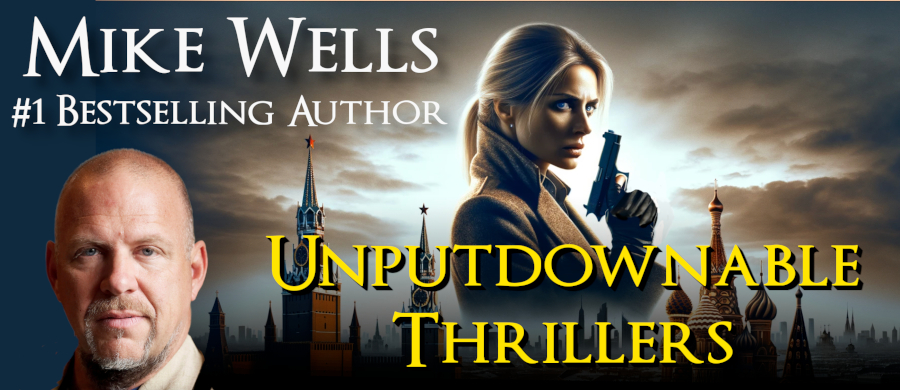1. "I don't know where to start." Most folks who want to write a novel already have an idea for a story but simply don't know where to begin. An old Hollywood adage is: "Start on the day that's different." Presumably your hero's life is fairly routine until some event happens (called the Inciting Incident) which triggers the entire story and launches the hero on his/her journey. Start just before that event takes place. This way you don't bore the reader with too much explanation and ho-hum material
2. "I just don't have the time." John Grisham wrote his first novel on a legal pad while working full time as a lawyer, in work snippets as short as ten minutes. I wrote the entire Lust, Money & Murder trilogy during one-hour train commutes between Oxford and London. If you truly want to write a novel, you can find the time. One trick is to put yourself on a regular writing schedule, even if you write only 30 minutes per day. It's helpful if you can do this at the same time of day or night, which ties the activity to your biological clock. You’ll soon start feeling an urge to write when that time rolls around, which is a great help in propelling you along.
3. "I get lost after the first few pages." Learn to think in scenes, like in a movie. First, some important thing happens to your hero. Then, another important thing happens. Then another. Etc. Write your novel in this way, like a film, all the way to the end. Start each scene quickly and get to the important action, then exit and move onto the next. Don't waste your own time, or the reader's time, with a lot of warmup material or filler.
4. "I keep writing the beginning over and over again." This is usually because you're second guessing yourself and editing your work prematurely. Resist the urge to edit ANYTHING until you reach the very end of your novel. Charge ahead like a bull and don't let anyone or anything stop you. Keep up the momentum and let your creative voice flow freely all the way to the end of the first draft...then you can come back and edit.
5. "I keep getting stuck in the middle of the story." Virtually everyone who writes a novel suffers from writer's block at some point, and usually it's because they've lost track of where the story is going. One good trick is to jump forward and write out the scenes that you KNOW will be in the book. Later you can come back and fill in the gaps and connect all the scenes all together. You'll find that the more scenes your write, the easier the whole process becomes and eventually everything will fall into place.
6. "There's a critical voice inside my head that stops me from writing." All of us have a so-called Inner Critic that says such inspiring things as "You have no idea what you're doing" and "Who are you to think you can write a novel?" and "No sane person would ever read this drivel." It's impossible to write a whole book with this negative voice jabbering away in your head. You have to make a deal with it. Simply say, "Would you kindly keep your mouth shut until I finish the first draft? Then you can criticize all you want." What you'll find is that the farther along you get, the less power that critical voice will have, and by the time you reach the end of your novel you'll be much more confident.
In closing, I have one final tip, perhaps the most important one of all: HAVE FUN. If at any point your writing starts to feel like drudgery, stop and take inventory. Go over this short list of tips again and see what might be tripping you up.
Happy writing!
If you found this article useful, feel free to buy me a cup of coffee 😃 click here -



RETURN TO ADVICE FOR WRITERS PAGE


Great advice Wells. Always a fan of your work!
ReplyDeleteI am very impressed with you Mike Wells!
ReplyDelete